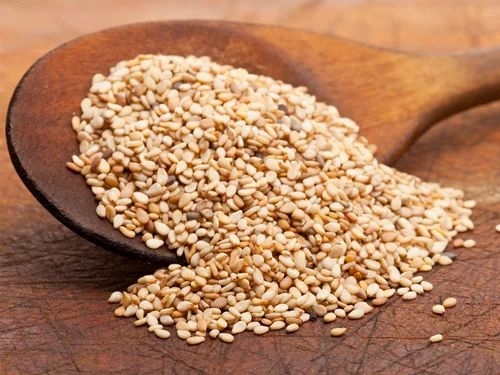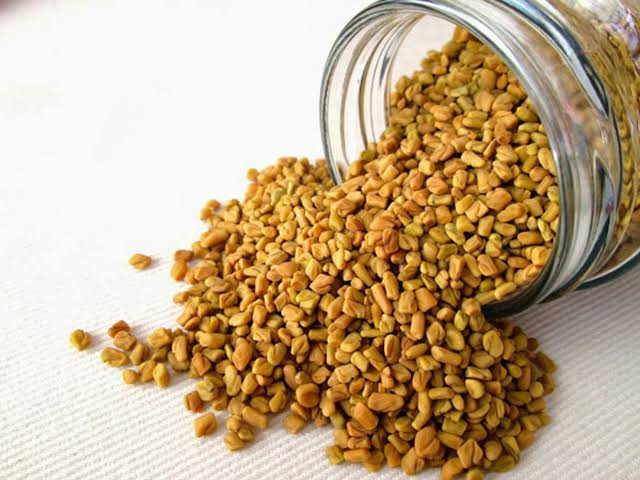The Green Treasure: Medicinal Uses and Health Benefits of Coriander
Coriander, scientifically known as Coriandrum sativum, is more than just a fragrant herb that enhances the flavor of your dishes. This versatile plant boasts a rich history of medicinal uses and health benefits that date back thousands of years. From its culinary applications to its therapeutic properties, coriander is truly a green treasure. In this blog, we will delve into the various medicinal uses and health benefits of coriander.
1. Rich in Nutrients
Coriander is a nutritional powerhouse. It is packed with essential vitamins and minerals, including vitamin C, vitamin K, calcium, phosphorus, and potassium. These nutrients play a vital role in maintaining overall health and well-being.
2. Digestive Aid
One of the most well-known medicinal uses of coriander is its ability to promote digestion. The seeds and leaves of coriander contain natural compounds that help alleviate digestive issues such as bloating, gas, and indigestion. Consuming coriander can also stimulate the production of digestive enzymes, facilitating the breakdown of food.
3. Anti-Inflammatory Properties
Coriander possesses anti-inflammatory properties that can be beneficial for individuals suffering from conditions like arthritis. The antioxidants present in coriander help reduce inflammation and may provide relief from joint pain and swelling.
4. Cholesterol Management
Coriander has been linked to improving heart health by helping to lower LDL (bad) cholesterol levels while increasing HDL (good) cholesterol. Including coriander in your diet may contribute to a healthier cardiovascular system.
5. Blood Sugar Regulation
Research suggests that coriander may aid in regulating blood sugar levels. This can be particularly beneficial for individuals with diabetes or those at risk of developing the condition. The antioxidants and compounds in coriander may enhance insulin activity and improve glucose metabolism.
6. Anti-Microbial Properties
Coriander exhibits natural antimicrobial properties, which can help combat bacterial and fungal infections. It has been used traditionally to treat various infections and can be applied topically or consumed to boost the body's defenses against harmful microorganisms.
7. Anxiety and Insomnia Relief
Coriander has a calming effect on the nervous system and can help reduce anxiety and stress. Additionally, it may promote better sleep by soothing the mind and reducing insomnia symptoms.
8. Skin Health
The antioxidants in coriander can help maintain healthy skin by preventing premature aging and protecting against skin conditions caused by oxidative stress. Coriander extracts or oils are often used in skincare products for their skin-rejuvenating properties.
9. Weight Management
Incorporating coriander into your diet may support weight loss efforts. It can aid in digestion, reduce bloating, and boost metabolism, making it a valuable addition to a weight management plan.
Conclusion
Coriander is a remarkable herb that offers a plethora of medicinal uses and health benefits. From aiding digestion to reducing inflammation and regulating blood sugar levels, this green treasure has much to offer. Whether you enjoy its fresh leaves in salads or use its seeds as a spice, incorporating coriander into your daily routine can contribute to improved overall health and well-being. So, the next time you savor the flavor of coriander in your meal, remember the countless health benefits it brings to your plate.



Comments
Post a Comment